The Emerging Exception
The traditional label of ‘middle power’ fails to capture India’s growing status. The country’s ability to shape the international discourse is no longer in question. India sees itself as a key player the global order.
 Courtesy: The Diplomatist
Courtesy: The Diplomatist
The traditional label of ‘middle power’ fails to capture India’s growing status. The country’s ability to shape the international discourse is no longer in question. India sees itself as a key player the global order.
 Courtesy: Foreign Affairs
Courtesy: Foreign Affairs
China’s expansionist nuclear programme aims to bolster its capabilities, so much so, that Beijing's predictions boast 2500 new warheads by 2030, thus rivalling the American and Russian arsenals. As the dragon quadruples its nuclear propensity, heralding the world to something greatly unstable – a tripolar nuclear system; nuclear peace seems a quite convoluted goal.
 Courtesy: Foreign Affairs
Courtesy: Foreign Affairs
A yawning gap has opened up between what countries know about the risks of climate change and what they are doing to reduce them. In the riskier new era of climate change, the longer countries take to close that gap, the more painful and deadly the outcomes.
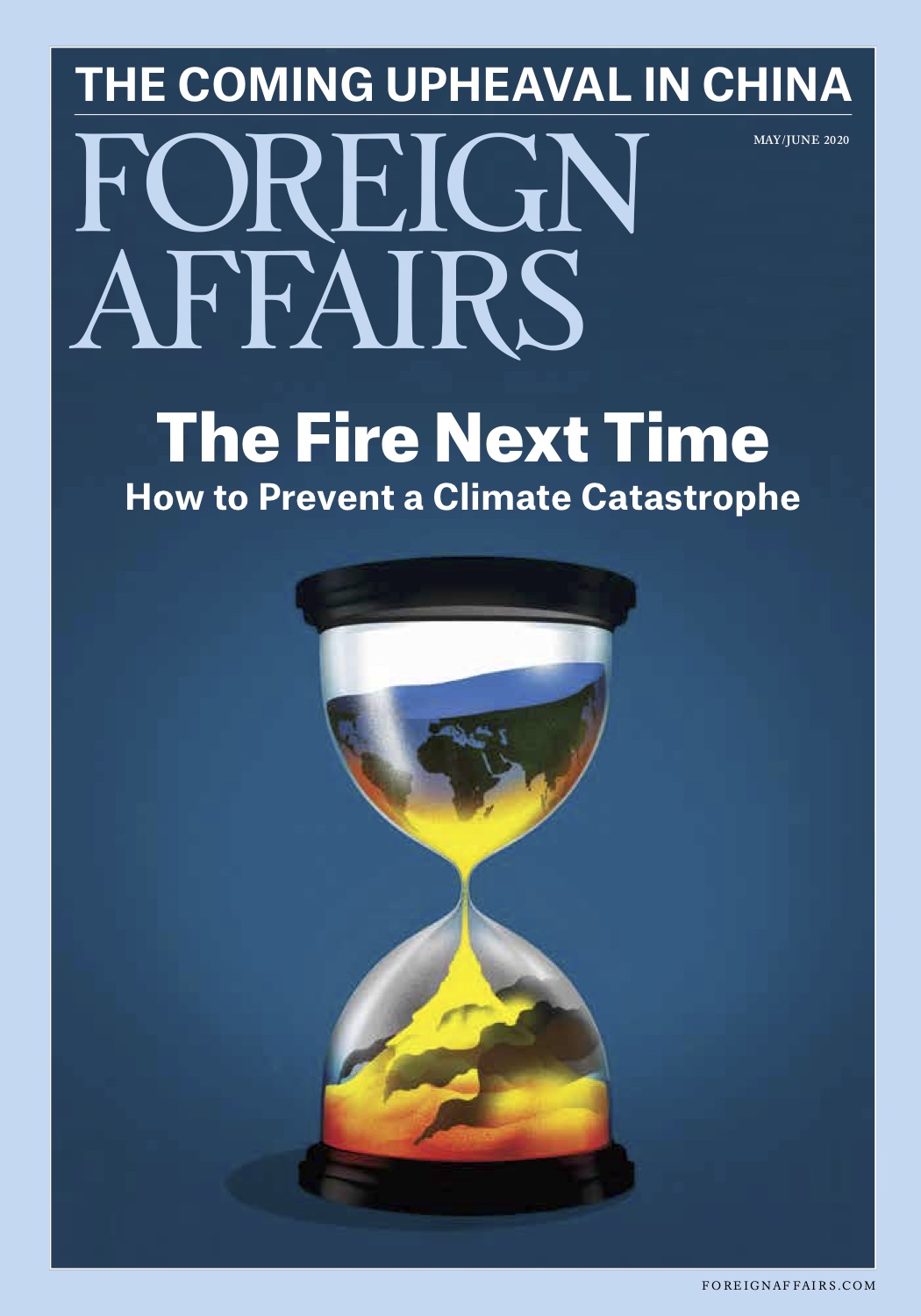 Courtesy: Foreign Affairs
Courtesy: Foreign Affairs
The U.S.-China relationship, which has wavered between cooperation and competition, has, over the past few years, veered more sharply towards confrontation – possibly because of China’s own more assertive stance. Now, Beijing’s confidence is under test, not only by these fractious relations, but also COVID-19 and an economic slowdown. Will these factors reveal its weaknesses?
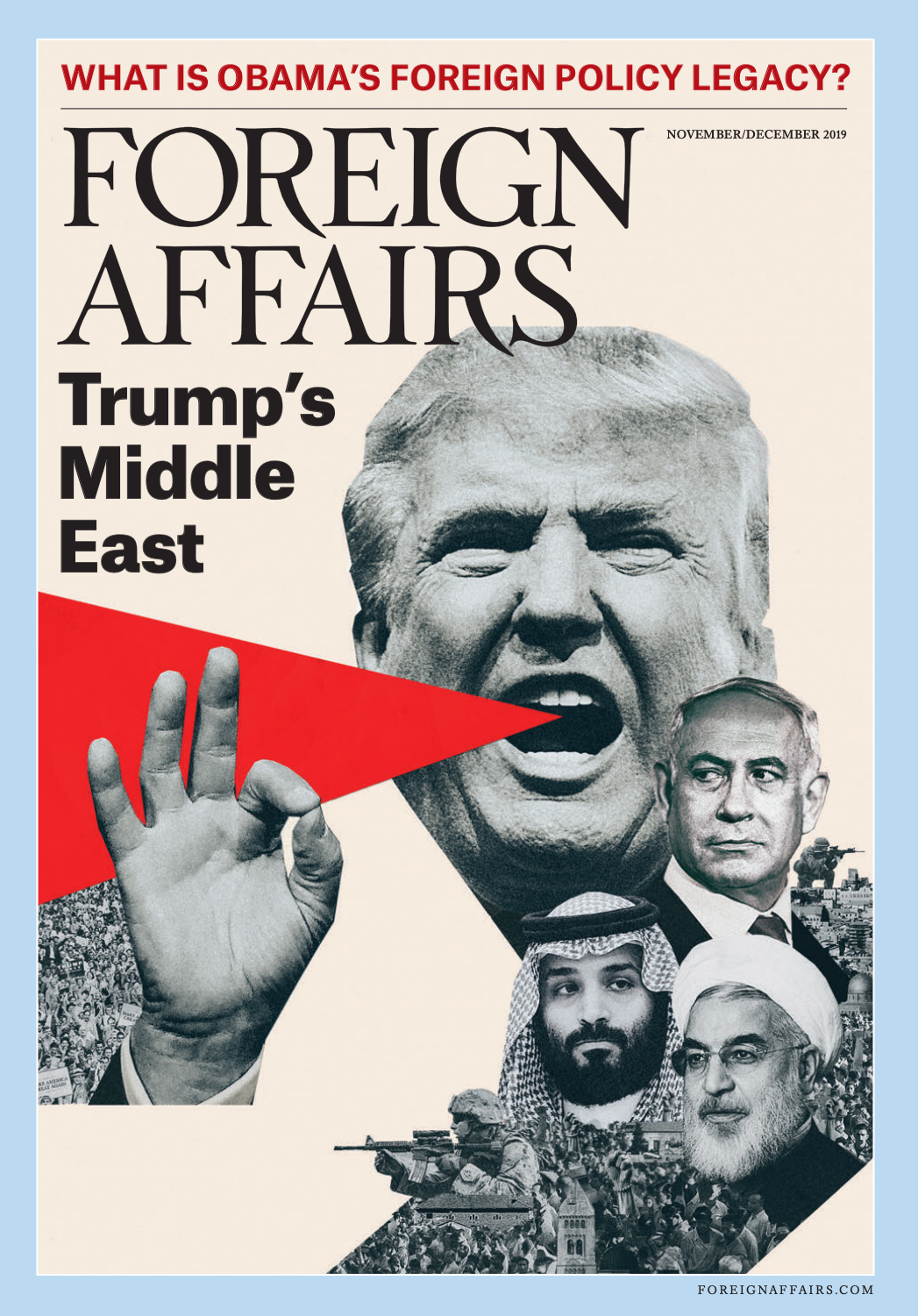 Courtesy: Foreign Affairs
Courtesy: Foreign Affairs
Countries in the Middle East, such as Iran, Israel or Saudi Arabia, do not want a military confrontation. Yet, current circumstances conduce to the breaking out of just such a war
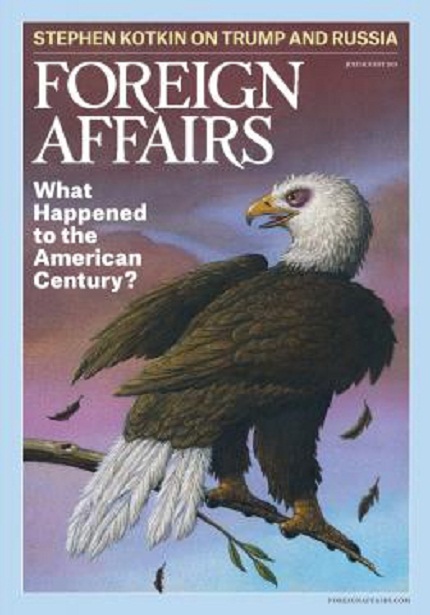 Courtesy: Foreign Affairs
Courtesy: Foreign Affairs
The financialization of the global economy produced the worst financial crisis since the Great Depression. The new arrangements which came into effect due to globalization, came with risks that the hyperglobalists did not foresee, although economic theory could have predicted the downside to globalization just as well as it did the upside.
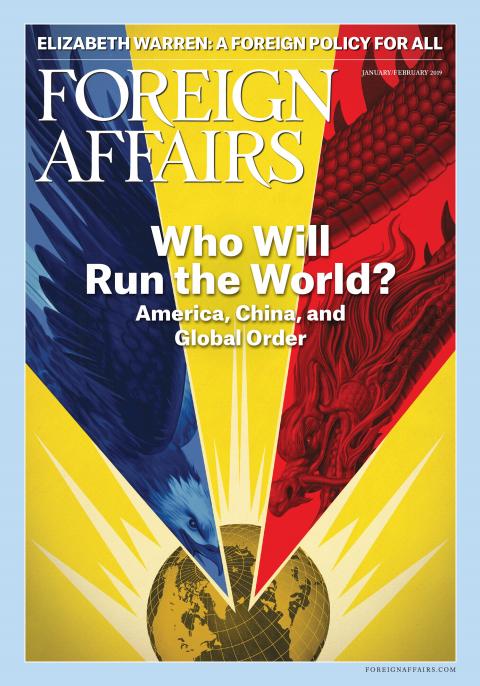 Courtesy: Foreign Affairs
Courtesy: Foreign Affairs
Although China does not want to usurp the United States’ position as the leader of a global order, its actual aim is nearly as consequential. As one Chinese official put it, “Being a great power means you get to do what you want, and no one can say anything about it.” In other words, China is trying to displace, rather than replace, the United States.
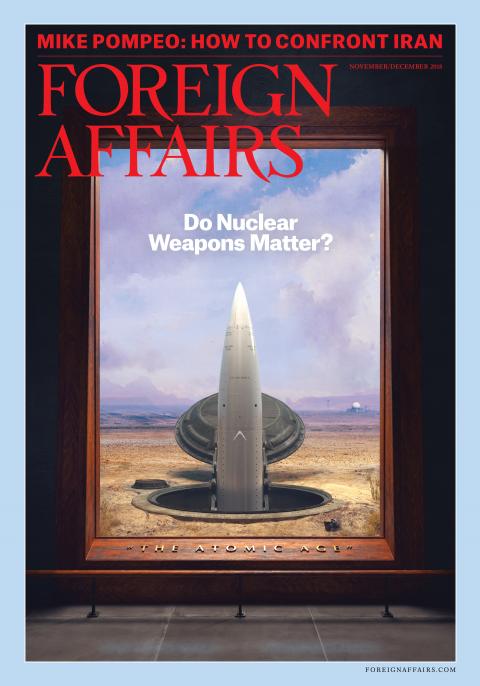 Courtesy: Foreign Affairs
Courtesy: Foreign Affairs
Experts estimate the likelihood of a U.S.-Chinese nuclear crisis as “somewhere between nil and zero.” This assurance is misguided. The United States' signature approach to conventional warfare would be a potential recipe for nuclear escalation.
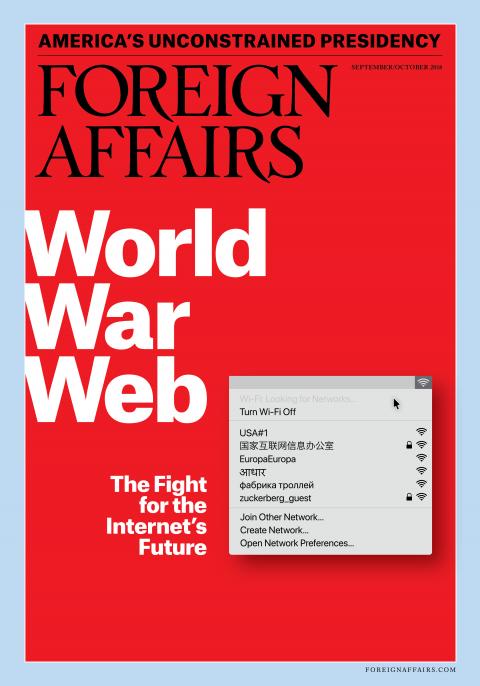 Courtesy: Foreign Affairs
Courtesy: Foreign Affairs
The immediate threat is more corrosive than explosive. States are using the tools of cyberwarfare to undermine the very foundation of the Internet: trust. The result is that an arena that the world relies on for economic and informational exchange has turned into an active battlefield.
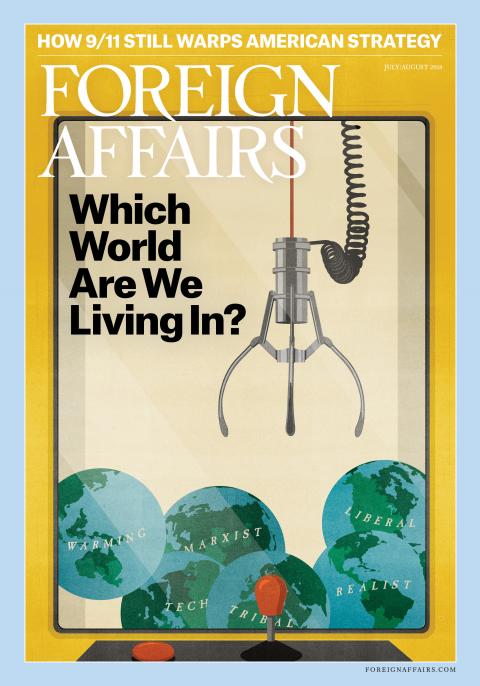 Courtesy: Foreign Affairs
Courtesy: Foreign Affairs
The psychology of Putin, the ideology of his regime, and the machinery received exhaustive attention in the West. The Russian people, however, remain poorly understood.